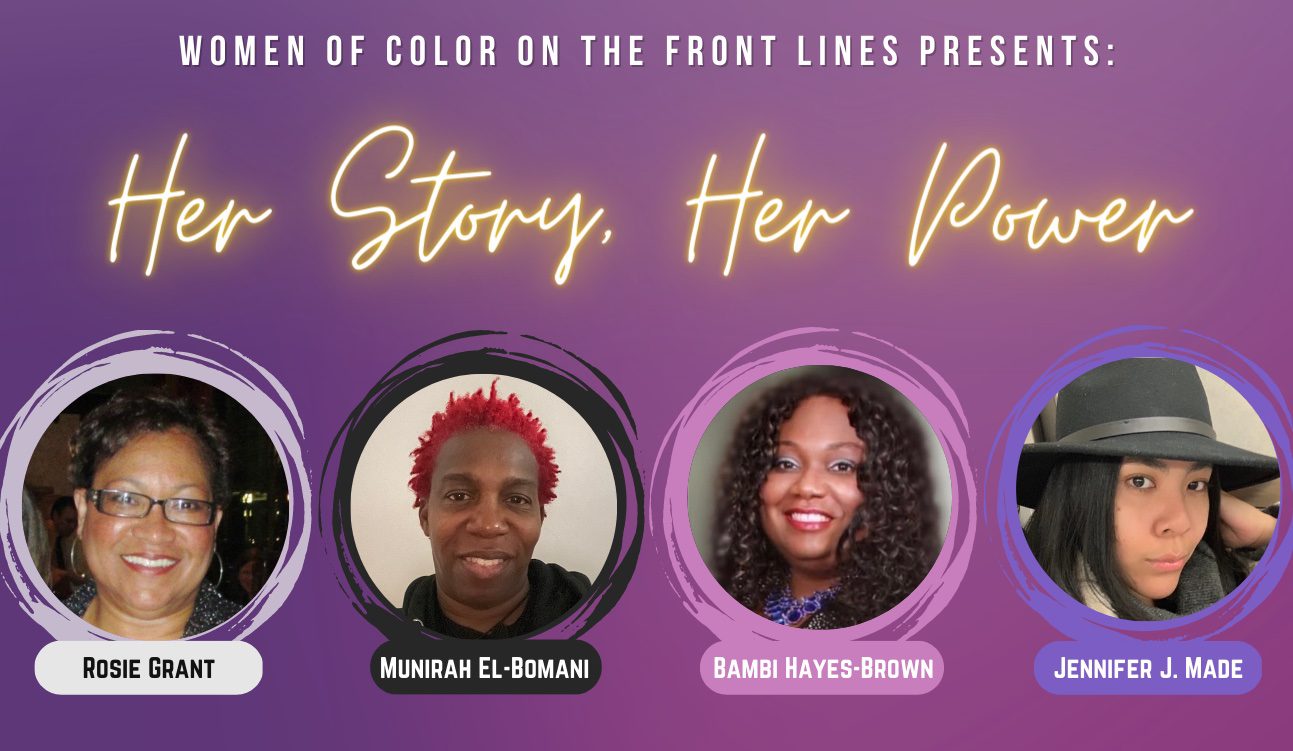
In 2008, 350.org began with six of McKibben’s Middlebury college students. One of the first environmental organizations to use a website as its moniker, 350 signifies the concentration of carbon dioxide in parts per million (ppm) that the atmosphere can safely hold without changing our climate (too bad we're currently over 400 ppm). The group first focused on an International Day of Climate Action in 2009 to encourage the world's most widespread day of political action, reporting 5,245 actions in 181 countries on Saturday, Oct. 24, 2009.
This generated a flashback to my organizing roots with Gale Cincotta speaking truth to the imperative of reclaiming America from big oil and big banks in the Reagan years of deregulation for profits. Yes, “The Reagan Years,” when the early days of the Community Reinvestment Act were intentionally stifled, and when a promising national investigation and organizing campaign on insurance redlining was suppressed by canceling one of the final contracts of the Carter administration.
I'd started my community development career when Nixon was president. Yes, “The Nixon Years,” when redlining was as prevalent as “wise investing,” and when under the watch of HUD Secretary George Romney (yes, Mitt’s dad), Cities Destroyed for Cash was the outcome. That is the title of the 1973 book by journalist Brian Boyer, who documented how the federal government had become the predatory lender that fueled redlining and the withdrawal of private capital from America’s communities. I’ll refrain from reminding us about “The George W. Years” except to observe that our communities are still hemorrhaging from an economy destroyed by greed.
So yes, we've seen this “new” Trump movie before.
But I don’t remember the CEO of Exxon Mobil being cast as secretary of state.
Personally, I prefer CBS’ Madam Secretary, Téa Leoni. Her television track record is better than the president-elect. She’s been saving the world; not firing people.
Current previews for “The Trump Years” is that this is shaping up to be one of those horror movie sequels with more violence and blood than the earlier ones in the franchise. There is reason to be scared. Horrified, in fact. But we cannot retreat.
Thanks to an obstructionist Congress eight years after Wall Street crashed our economy and devastated our communities, government officials still can’t figure out how to employ community residents to rebuild their own neighborhoods by rehabbing vacant foreclosed homes at affordable prices. The potential for green jobs was never really pursued because the demand for residential energy-efficiency was minimized by a Bush-appointee’s blockage of an innovative financing tool. The expansion of solar has been curtailed by public utilities duplicitously working to negate its expansion for residential, commercial, and publicly-owned properties, all of which are significant job-creating markets.
Our best recourse is to re-engage with our municipal governments to resolve and propose locally generated solutions. We must advance the rebuilding of our communities as a core economic strategy to create jobs and assure affordable housing to raise families. It is the antidote to the current plague of hatred. It remains the healing balm for a just and equitable society. We must persevere at the community level, at the roots.
Tonight I hear the neighborhood drummer sound
I can feel my heart begin to pound
You say you're tired and you just want to close your eyes
and follow your dreams down
We made a promise we swore we'd always remember
“No Surrender”—Bruce Springsteen
Image: Rex Singler, via flickr, CC BY-NC 2.0)






Comments